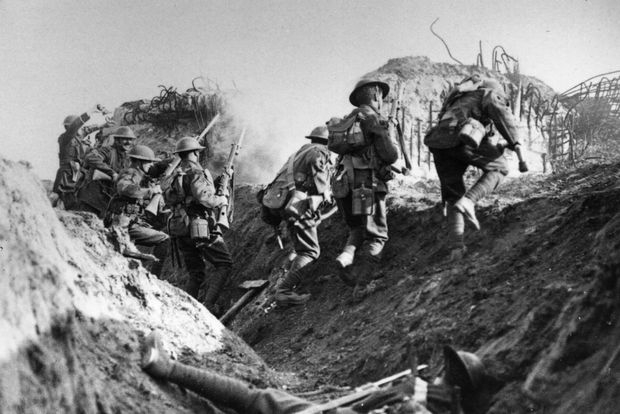From ‘A Plea for Posterity’, The Spectator, 6 March 1915:
A good many people have latterly argued that as posterity will enjoy the advantages of a successful war, so posterity may honourably be left to pay for those advantages in the shape of yearly interest upon a swollen National Debt. This is always the argument of the man who wishes his obligations to be met by other people. If our ancestors had acted upon this principle, the country would never have been free from a crushing burden of Debt, ever increasing with each new war. In the Napoleonic Wars, lasting for over twenty years, burdens of which the present generation has no conception were imposed upon the taxpayer to meet a very large part of the daily cost of the war. In the Crimean War nearly half the cost was met out of current revenue. The example of the South African War was less satisfactory, and an undue proportion of the war was certainly thrown upon posterity. Even more regrettable was the neglect of both political parties to make adequate provision in the years of peace that followed to wipe off the Debt which had been incurred. The Liberals made loud protestations upon this subject when in opposition, and during the first few years of their tenure of office, while Mr. Asquith remained at the Treasury, they gave partial effect to their pre-election promises. Since then they have been engaged in cutting down the provision for the Debt in order to spend money upon various purposes more popular with the electors than the paying off of Debt. Their argument was that even the reduced provision for the Debt allowed for a very substantial Sinking Fund which would suffice in a given number of years of peace to wipe off an adequate proportion of the total Debt. In other words, they gambled on the assumption that peace would be perpetual.






Comments